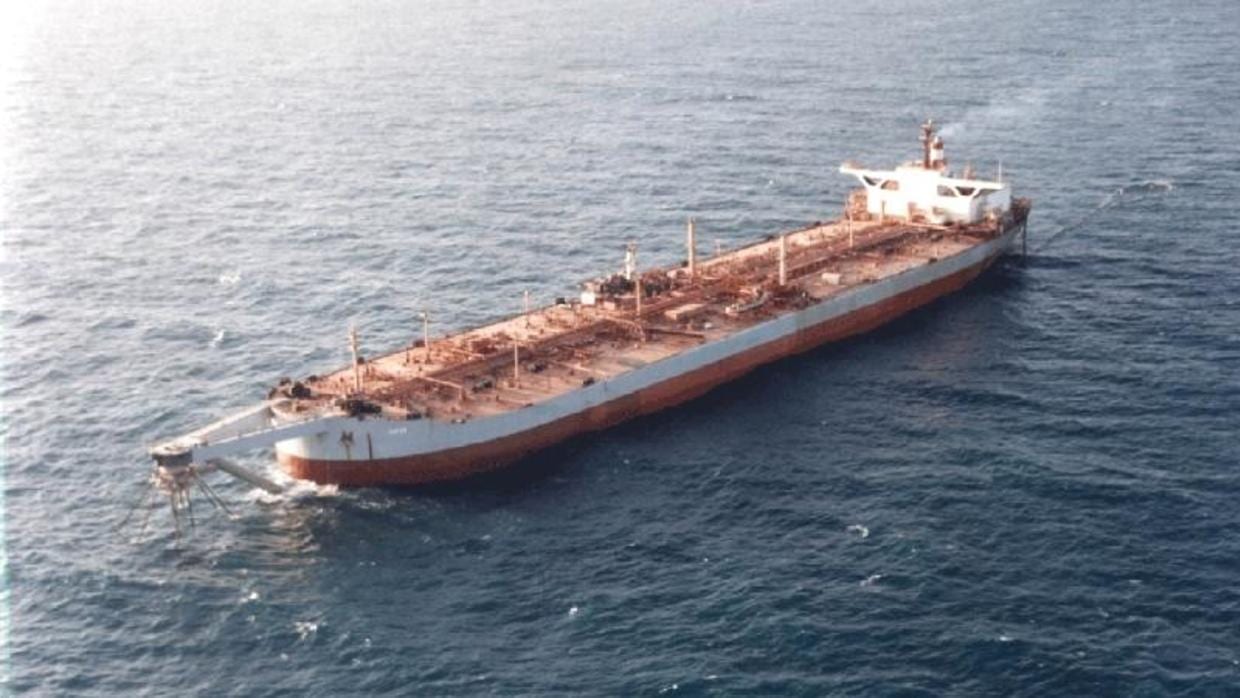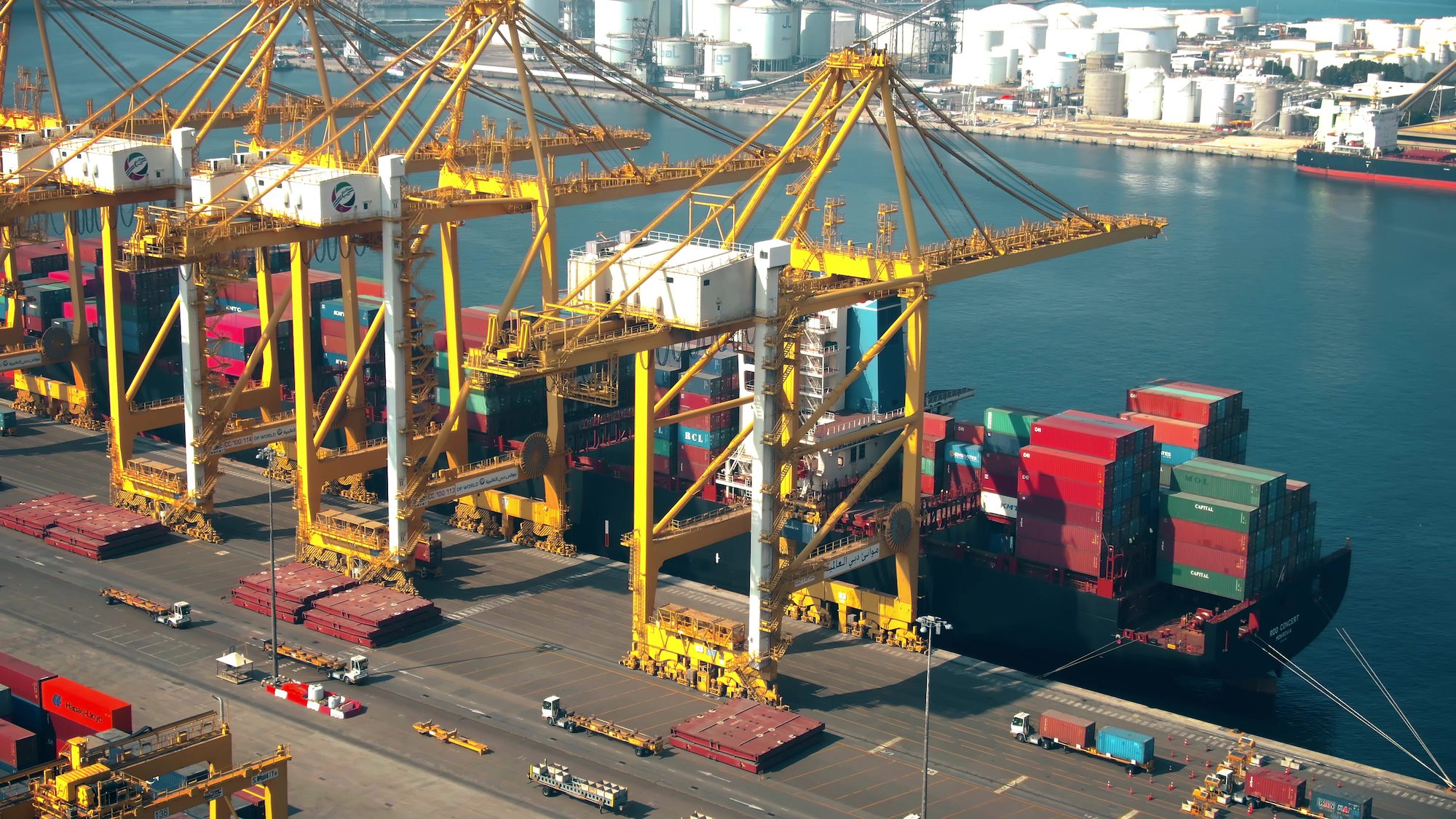SMIT Salvage, a subsidiary of Dutch maritime services company Boskalis, has signed an agreement with the United Nations Development Programme (UNDP) to remove oil from the decaying FSO Safer tanker moored off Yemen’s Red Sea coast. The project aims to transfer over one million barrels of oil from the Safer to a secure tanker for responsible disposal.
Boskalis CEO Peter Berdowski expressed his ‘extreme delight’ at the agreement, noting that the company has been working with the UN since 2021 to prevent a potential environmental and humanitarian catastrophe. The Boskalis vessel Ndeavor will depart from Rotterdam with the necessary salvage equipment for the mission.
“I would like to express my admiration and gratitude to the many UN member states supporting this operation including the Netherlands, which played a prominent role,” Berdowski said.
Dutch Minister for Foreign Trade and Development Cooperation, Liesje Schreinemacher, also acknowledged the Netherlands’ role in raising funds for the operation and praised Boskalis for taking a key role in the response. “An enormous oil disaster is looming, which could have serious humanitarian, environmental and economic implications. But we now have a chance to prevent that disaster,” said Schreinemacher.
Achim Steiner, UNDP Administrator, called the agreement a critical milestone in the “Stop Red Sea Spill” operation and urged governments and corporations to help raise the remaining $29 million needed for the complex rescue operation.
The project comprises several phases, starting with the Ndeavor’s preparation in the Netherlands and its three-week journey to Djibouti. Following final preparations, the salvage crew will head to the Safer for an initial onsite inspection before transferring the oil to a UN-purchased Very Large Crude Carrier (VLCC), which recently departed China for the mission. After cleaning the Safer’s tanks, the vessel will be towed to a green scrapping yard under UN supervision.
Boskalis said the on-site oil operation is expected to take about two months.
The FSO Safer, constructed in 1976 and converted to a floating storage facility in 1987, contains an estimated 1.14 million barrels of light crude oil. Its deterioration since 2015, due to conflict in Yemen, poses a risk of explosion or rupture with severe consequences for the region’s environment and people.
The UN warns that a major spill would devastate fishing communities on Yemen’s Red Sea coast, impacting the livelihoods of some 200,000 instantly. The cost of cleanup alone is estimated at $20 billion, while disruptions to shipping through the Bab al-Mandab strait to the Suez Canal could cost billions more in global trade losses every day.

 Join The Club
Join The Club











